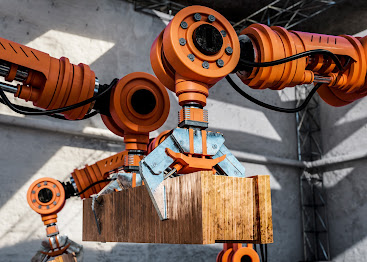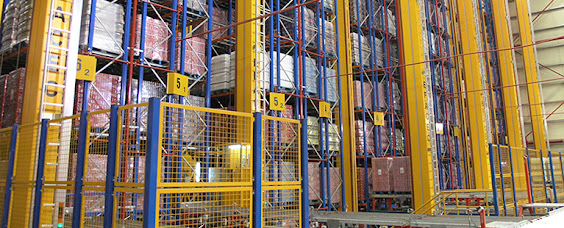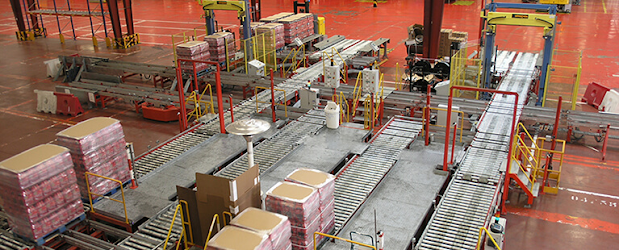Comprehensive Guide to Choosing the Right Industrial Automation Solutions
Introduction to Industrial Automation
In the era of technological advancement, industrial automation has become a key player. It involves the use of technology and control systems, such as computers or robots, to manage and control industrial processes, thus reducing the need for human intervention.
The Importance of Industrial Automation
Why does industrial automation matter, you ask? Well, it plays a pivotal role in increasing productivity, improving quality, and reducing costs, all while ensuring safety in industries.
Benefits of Industrial Automation
With industrial automation, we can enjoy benefits like improved precision, increased productivity, and reduced operational costs. It can even lead to a safer working environment as it removes the need for workers to perform potentially hazardous tasks.
Essential Factors in Choosing Industrial Automation Solutions
Choosing the right industrial automation solution isn't as simple as picking the shiniest option off the shelf. Let's take a dive into some of the key factors you should consider.
Understand Your Automation Needs
Just as no two businesses are the same, neither are their automation needs. You need to fully understand your business processes and identify the areas where automation can drive the most value.
Consider Your Budget
Automation solutions aren't cheap, but they're a worthy investment. Determine your budgetary constraints to help narrow down your options. Remember, cheap isn't always better!
Assess Your Existing Infrastructure
A shiny new automation solution is no good if it doesn't play nicely with your existing infrastructure. It’s important to review your current systems and infrastructure and see how the new solution can be integrated smoothly.
Types of Industrial Automation Solutions
There are several types of automation solutions to consider. Today, we'll focus on fixed and programmable automation.
Fixed Automation
Fixed automation, also known as hard automation, involves the use of specific equipment to automate a fixed sequence of processing or assembly.
Pros and Cons of Fixed Automation
Fixed automation offers high production rates and lower unit costs. However, it's less flexible and can be costly to set up and modify.
Programmable Automation
Programmable automation is designed for batch production. It's flexible and can be reprogrammed to accommodate different tasks.
Pros and Cons of Programmable Automation
While programmable automation provides flexibility and ease of changeover between product batches, it's generally slower and more expensive per unit produced than fixed automation.
Considerations for Implementing Industrial Automation
So, you've decided on an automation solution. But before you dive in, there are a few more things to think about.
Workforce Training and Adaptation
Implementing new automation systems will likely require your workforce to acquire new skills. Consider the training that will be required to ensure smooth operation.
Long-term Maintenance
Automation solutions aren't a set-and-forget deal. Think about the long-term maintenance needs to keep everything running smoothly.
Conclusion
Industrial automation is no longer a luxury; it's a necessity. By considering your needs, budget, infrastructure, and the type of automation solution you choose, you can ensure your investment pays off.


.png)

Comments
Post a Comment